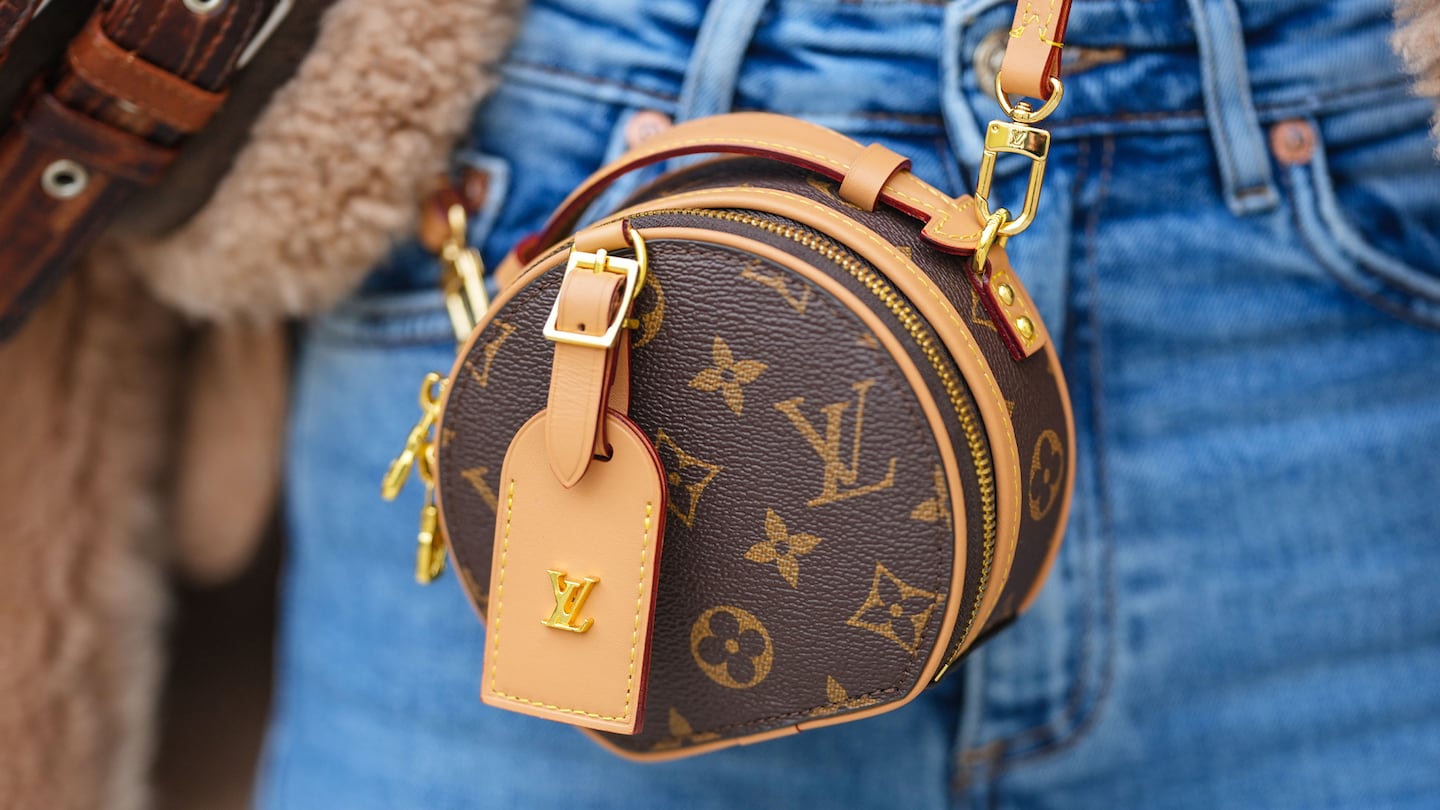
The Business of Fashion
Agenda-setting intelligence, analysis and advice for the global fashion community.

Agenda-setting intelligence, analysis and advice for the global fashion community.

LVMH sales in the second quarter were buoyed by a strong rebound in Chinese spending, helping to offset weakening demand from aspirational customers in the US, the group said Tuesday.
Revenue for the first half rose 17 percent year-on-year to €42.2 billion, with sales in Asia, excluding Japan, up 34 percent year-on-year in the second quarter. Profit in the first half grew 13 percent to €11.6 billion, slightly short of analyst expectations. However, Q2 sales contracted 1 percent in the key US market, where uncertain economic backdrop has dampened demand from entry-level shoppers.
“We have a situation where, by and large, the aspirational customer is suffering a bit,” CFO Jean-Jacques Guiony told investors. “We are experiencing drops with entry price products, with online sales, with second tier cities — which is a clear sign that your aspirational customer is not shopping as much as they used to.”
Sales of fashion and leather goods grew 21 percent in the first half to reach €21.2 billion, in line with analyst expectations. But after consecutive quarters of LVMH consistently beating forecasts, the figures suggest the explosive growth luxury’s strongest players experienced post-pandemic is beginning to temper.
ADVERTISEMENT
“[The results] hint at a first step to normalisation… as consumer demand normalises after the post-pandemic euphoria,” Bernstein analyst Luca Solca said in a note to clients.
“This transition is likely going to produce some turbulence, as we have seen recently with Richemont,” he said. “But — in the absence of a hard landing recession — the sector should soon find an even keel.”
The strength of the Chinese consumer rebound has been a topic of concern for investors recently, as mixed signals in the Chinese economy are driving an uneven recovery across the broader sector.
For LVMH, spending by Chinese nationals in the first half increased between 40 to 45 percent compared with the same period in 2021, said Guiony, who added Chinese spending remains concentrated at home and among regional tourist destinations, with only a “very small” cluster returning to Europe currently.
“We have no groups, we only have individual travellers and they are only a fraction of the clients we used to have,” he said.
Europe, where revenue was up 22 percent in the second half, was boosted by local spending and increased tourism from wealthy US shoppers and Europeans, Guiony said.
Elsewhere, Sephora performed “exceptionally well” in the first half, while DFS benefitted from the return of Chinese tourism, particularly in Hong Kong and Macau.
Disclosure: LVMH is part of a group of investors who, together, hold a minority interest in The Business of Fashion. All investors have signed shareholders’ documentation guaranteeing BoF’s complete editorial independence.
The Louis Vuitton owner and its brands will be front-and-centre at the Paris 2024 games, deepening the conglomerate’s ties to the world of sport.
The world’s biggest producer of luxury goods has emerged as a favourite among fund managers marketing themselves as promoters of environmental and social goals.
Chinese fashion and beauty customers — long pivotal for the global luxury market — are reshaping how and where they shop, according to BoF Insights’ new report.
The Swiss watch sector’s slide appears to be more pronounced than the wider luxury slowdown, but industry insiders and analysts urge perspective.
The LVMH-linked firm is betting its $545 million stake in the Italian shoemaker will yield the double-digit returns private equity typically seeks.
The Coach owner’s results will provide another opportunity to stick up for its acquisition of rival Capri. And the Met Gala will do its best to ignore the TikTok ban and labour strife at Conde Nast.
The former CFDA president sat down with BoF founder and editor-in-chief Imran Amed to discuss his remarkable life and career and how big business has changed the fashion industry.